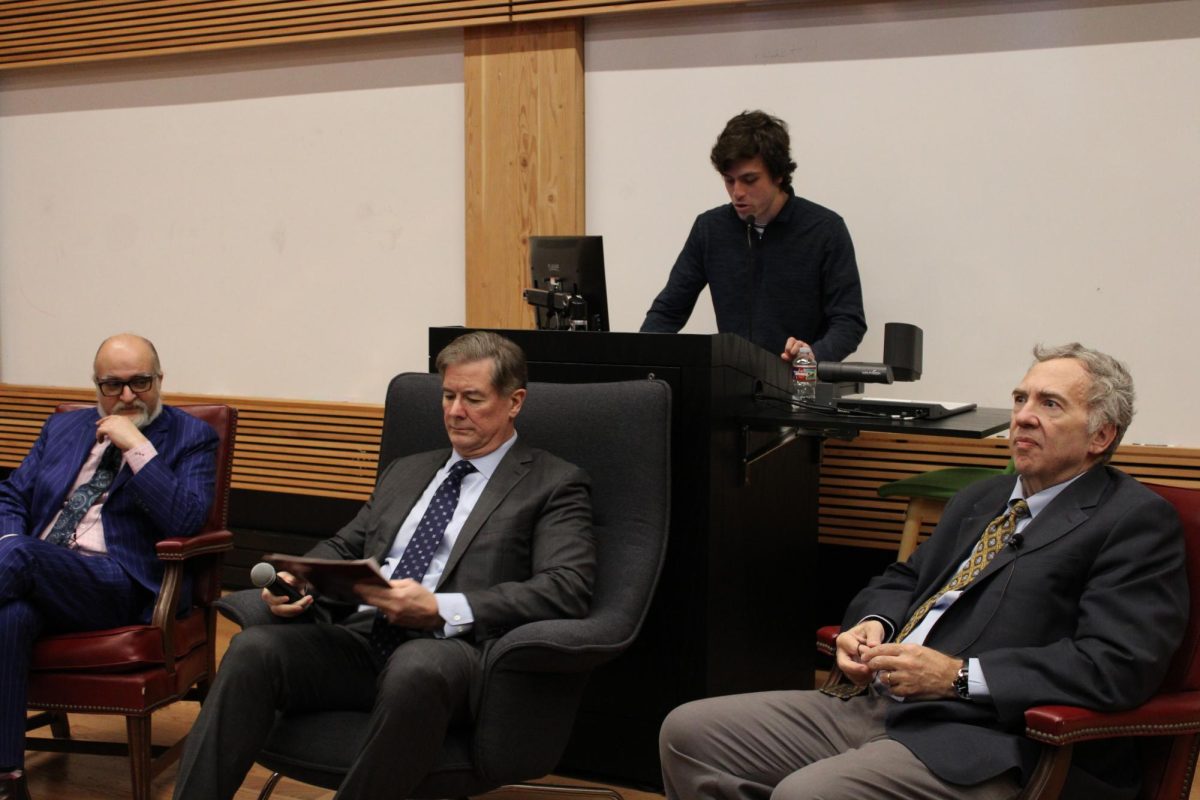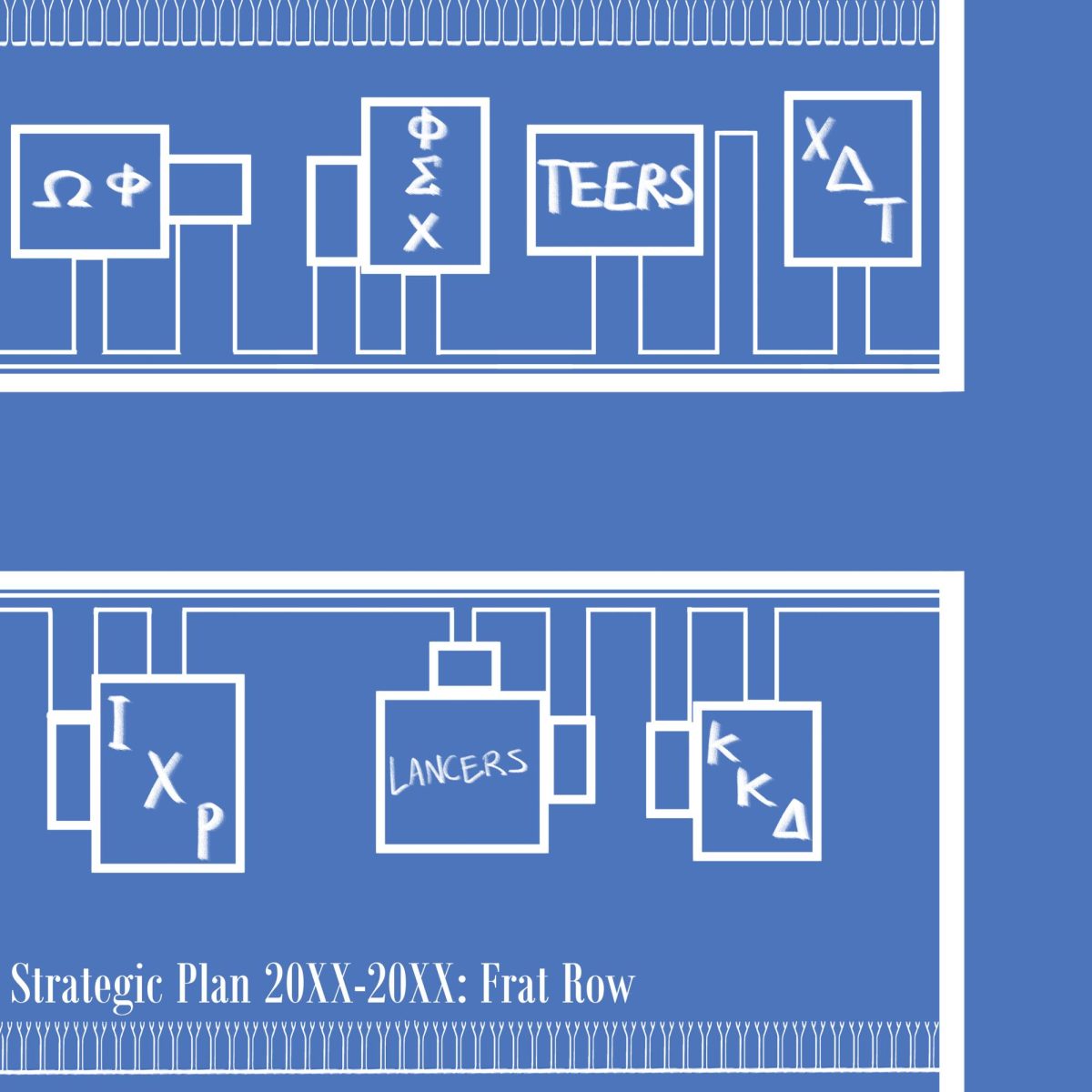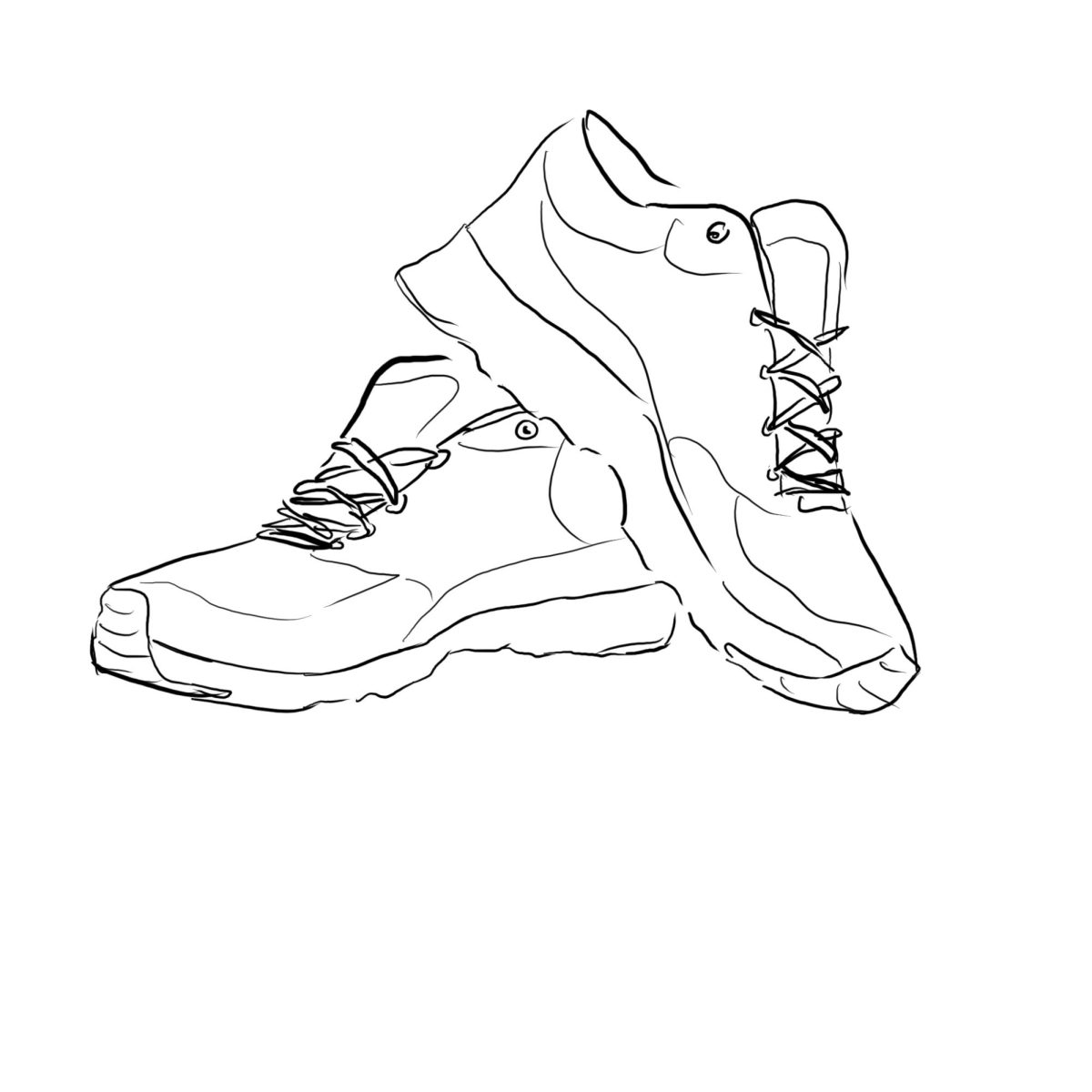Like every intelligent, judicious person in this area, I am a loyal Spurs fan. I wear myself out running up and down that court with Tim and his younger teammates. When their games are on the west coast, I have to make a conscious decision to be a sleep-deprived zombie the next day or just risk going to sleep knowing that they are likely to lose without my running with and encouraging them.
Those Spurs are disciplined, talented athletes who try to learn from their mistakes. Similarly, in my Trinity classes I have several scholar-athletes. They are responsible, albeit often exhausted, young adults who somehow balance practice sessions, games and travel without falling behind in their work.
Part of what these athletes””professional and collegiate””have in common is a ritual of sorts in which, following each game or competition, they gather with their teammates and coaches and review the experience.
Often, in their post game meetings, they study videos of their games””noting what worked, what didn’t work, and examining ways to improve”” to avoid their errors, to increase their successes.
I suggest that we all should conduct a reassessment””not of games, matches, or competitions””but of all aspects of the academic year just ending before we move on to whatever comes next””summer work and play, preparation for graduate school, first employment, or just relaxing before returning to Trinity in the fall.
This 2014-2015 academic year certainly and often painfully provides almost too much for reflection; the on-campus sudden death of much admired and beloved professor Mike Kearl, the heartbreaking accident that took the life of first-year student Corey Byrnes and caused serious injuries to his friends, who will continue to struggle physically, and, of course, mentally.
I abhor cliches, but “life really does turn on a dime.” Being aware of that, at the top of my short list right now, as we come to the end of another academic year, I set aside some time (and encourage you to do the same) to review this just ending year. Without videos to peruse of my performance, I still can consider: What did I do right? What did I do wrong? What did I not do that I intended to do? What should I have done?
That childhood prayer that begins “Now I lay me down to sleep, if I should die before I wake” has haunted me most of my life, so I am a bit obsessive about complimenting people, thanking them, expressing my admiration, apologizing for slights””trying to make sure my slate is fairly clean before I sleep. This little prayer pretty much explains my aversion to procrastination. These words push me to conduct a quick review of my day, to do a daily personal “post game” assessment. I’m just encouraging you to do an annual one.
Students’ reviews should not result in anyone’s concluding that she or he just isn’t bright enough to do well academically here. You would not be here if you didn’t have the ability to do the work, so, what a surprise, if you didn’t do well, you might, in your reflection, evaluate yourself on such aspects as: wasting time, not getting enough sleep, developing terrible eating habits, forgetting or ignoring all you know about assuming responsibility for your behavior, about self-discipline.
To conduct this personal review of your year on this campus, you are not alone. Staff as well as faculty are available to help you and, in case it’s needed, to guide you toward self-discipline, time management, conducting yourself more responsibly, avoiding procrastination.
If your “post-game” reassessment reveals that you screwed up and wasted this year, if you have many regrets, then I urge you to decide whether you want to approach life differently. If you conclude that self discipline and responsibility aren’t for you, it’s probably best to try something other than the collegiate experience. A job perhaps. Surely self-discipline and responsibility aren’t prerequisites for the “world of work.” Surely absenteeism and unpreparedness would be ok out in the “real world.”
Obviously, my concern really isn’t centered on students’ academic performance though that matters mightily. What I most care about is what kinds of human being we are successfully educating on this campus. Are Trinity students dependable, trustworthy, caring? When people think of them, do they consider our students kind, compassionate, as well as intelligent, articulate, and informed?
As you look back on this Trinity year””as you conduct your “post-game” evaluation””what regrets do you have? Can you avoid them next year?
Have you been as considerate as you could be? Have you supported your loved ones as well as behaved decently toward those you can barely tolerate? Or, is this not the environment for you to learn and to grow””even to flourish? Probably only you can answer that, but this is a darn good time to find out.
Frequently, people (sometimes anonymously) send me cards with this exhortation: “Be the kind of person your dog thinks you are.” Now, there’s a high standard by which to judge one’s self, but, if it works for you as it does for me, use it.
I’m hoping your self-evaluation will reveal ways you can be””to paraphrase Carlyle “””all that you were created capable of being.” And, of course, I’m hoping you believe you can achieve this as a member of this campus community.
You are an adult””an exceedingly blessed, gifted one””so you decide. As you do so, please know that I, and many others in and beyond this academic community, believe in your possibilities and wish you Godspeed.
Coleen Grissom is a professor in the English department.





